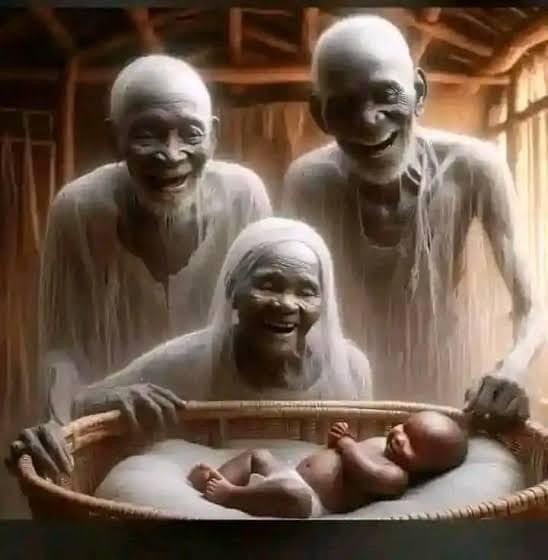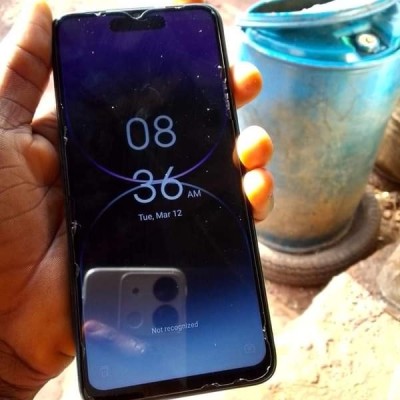Reincarnation (Ilo ụwa) in Igbo Culture and Beliefs.
Introduction:
Reincarnation, known as "Ilo ụwa" in Igbo culture, is a deeply rooted belief system that permeates various aspects of Igbo spirituality and worldview. The concept of reincarnation suggests that after death, the spirit of an individual returns to the physical realm in a new form, continuing its journey through multiple lifetimes. This essay delves into the meaning of reincarnation in Igbo culture, its origins, beliefs surrounding the afterlife, and its socio-religious effects on the Igbo people.
Meaning and Beliefs:
In Igbo cosmology, reincarnation is viewed as a cyclical process where the soul undergoes a series of rebirths until it achieves spiritual evolution and enlightenment. The belief in reincarnation stems from the conviction that life is interconnected and that the soul carries lessons and experiences from one lifetime to another. Therefore, the journey of the soul is seen as a continuum rather than a linear progression.
Origins of the Belief:
The belief in reincarnation is deeply embedded in Igbo oral tradition and mythology, dating back centuries. It is intertwined with the Igbo's understanding of the spirit world, ancestral reverence, and the concept of chi (personal deity). The belief in reincarnation likely emerged from observations of the natural cycles of life and death, as well as spiritual revelations passed down through generations.
Do the Dead Really Die?:
In Igbo culture, death is not viewed as the end but rather as a transition to another realm of existence. The physical body may perish, but the spirit lives on, carrying the essence of the individual's character, experiences, and karma. Therefore, the dead are believed to continue their journey in the spiritual realm, awaiting rebirth into the physical world.
Cycle of Reincarnation:
According to Igbo beliefs, the cycle of reincarnation is governed by divine principles and guided by the individual's destiny (chi). The number of times a spirit reincarnates is not predetermined but is influenced by factors such as karma, spiritual growth, and the fulfillment of ancestral obligations. Some souls may undergo numerous reincarnations, while others may achieve liberation after a few lifetimes.
Socio-Religious Effects:
The belief in reincarnation shapes various aspects of Igbo society, including familial relationships, cultural practices, and religious rituals. Ancestors are revered as spiritual guides who continue to influence the lives of their descendants through reincarnation. Family lineage and kinship ties are strengthened by the belief that ancestors return to fulfill unfinished tasks or to offer guidance to the living.
Conclusion:
Reincarnation (Ilo ụwa) is a fundamental aspect of Igbo spirituality and cultural identity. It reflects the interconnectedness of life, the continuity of the soul, and the cyclical nature of existence. Through the belief in reincarnation, the Igbo people find solace in the notion that death is not the end but a transition to another phase of spiritual evolution. The socio-religious effects of reincarnation permeate Igbo society, shaping beliefs, rituals, and social interactions in profound ways.






